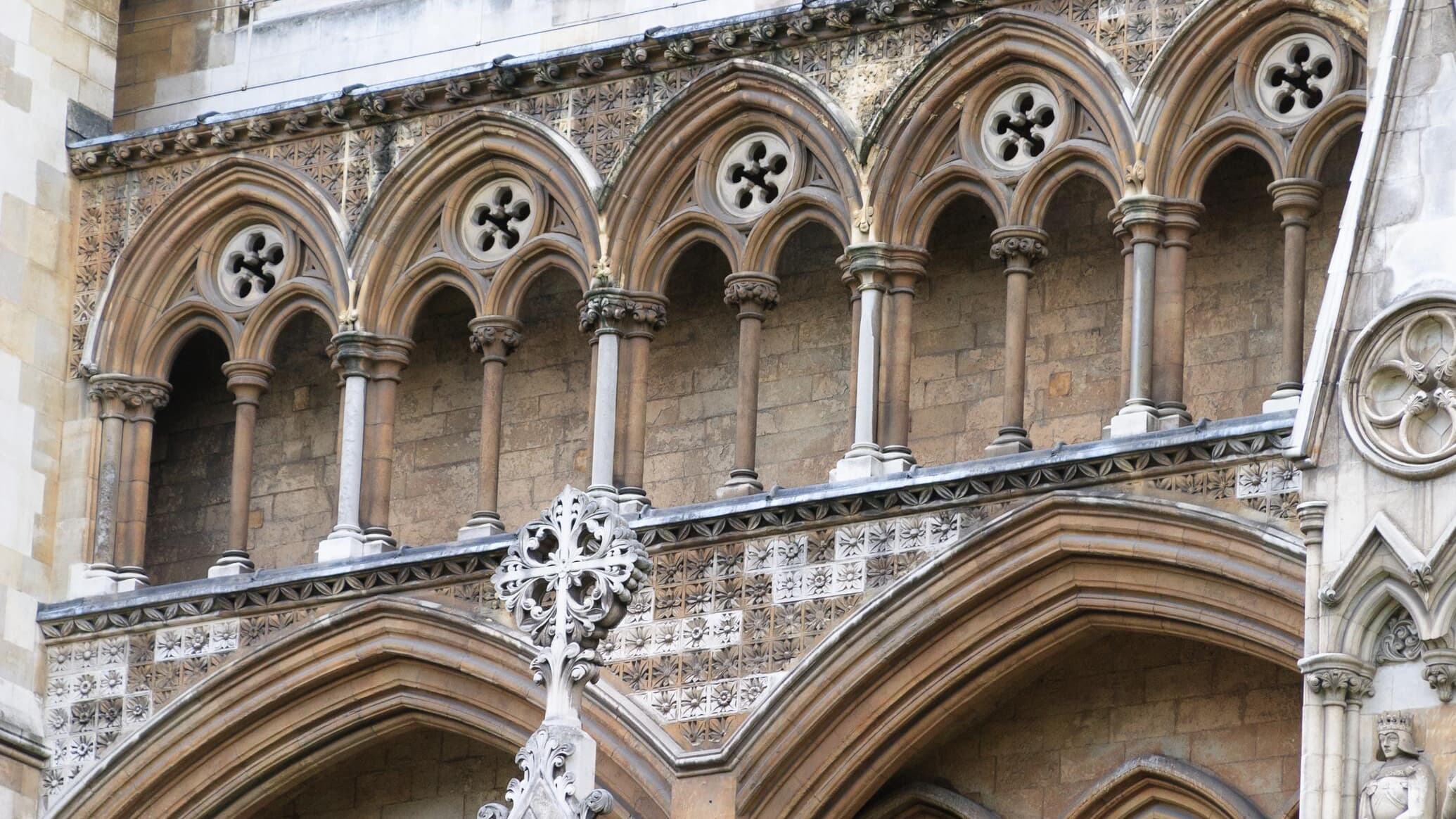English composer Gustav Holst found inspiration, not only in the folk music of his native land, but also in the early music of William Byrd and Palestrina.
Nunc dimittis for eight-part choir is Holst’s homage to Renaissance polyphony. Composed in 1915 for Richard Terry, organist of Westminster Cathedral, the work was performed on Easter Sunday of that year, and then fell into obscurity. It existed in manuscript form until publication in 1979.
This performance features the British a cappella vocal ensemble, VOCES8:
Here is a translation of the text:
Lord, now lettest thou thy servant depart in peace according to thy word.For mine eyes have seen thy salvation,Which thou hast prepared before the face of all people;To be a light to lighten the Gentilesand to be the glory of thy people Israel.Glory be to the Father, and to the Son:and to the Holy Ghost;As it was in the beginning, is now, and ever shall be:world without end. Amen.
Recordings
- Holst: Nunc dimittis, H127, VOCES8 Amazon
Featured Image: Westminster Abbey north transept, photograph by Arthur De Smet


Lovely! Thank you for this.
Astounding! Such acoustics! Such wonderful voices! William Byrd updated and amplified.
Amazing that such music can be ignored for years. We can all be glad that it is back now.